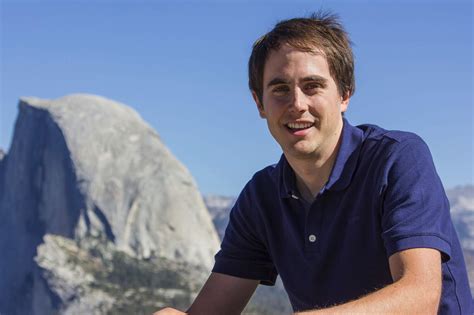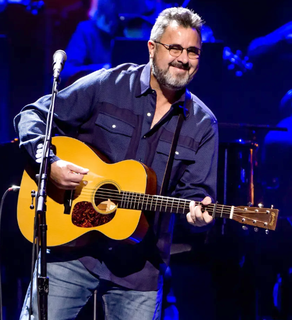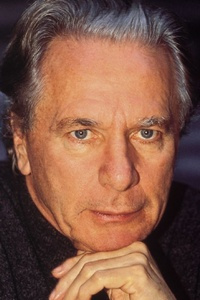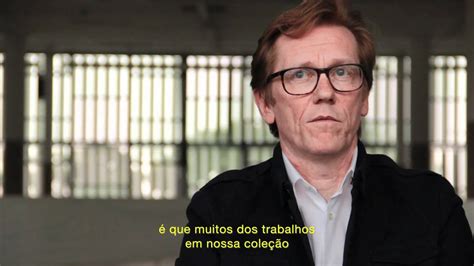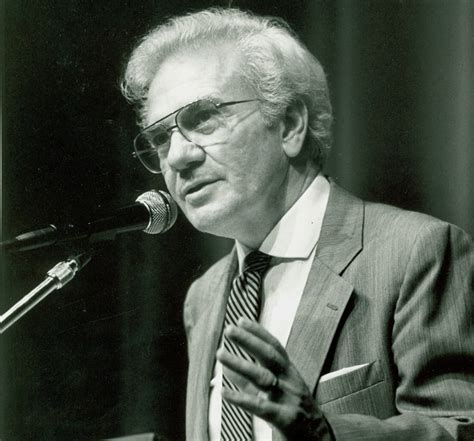A Quote by Eric Gibbons
Some of the most unhappy artists in the most difficult situations can create awe-inspiring works of art.
Related Quotes
Most artists, or at least most of the ones I know, deny having a philosophical outlook that they try to translate into their works. Some had thought of the work of Cezanne and others as being a 'painted epistemology.' But Cezanne himself denied this and Daniel-Henri Kahnwiler, the art critic and art dealer, insisted that none of the many painters he had known had a philosophical culture.
The traditional difficulty of balancing the mechanical with the imaginative schools of photography still operates. In schools of photography meaningful art education is often lacking and on the strength of their technical ability alone students, deprived of a richer artistic training, are sent forth inculcated with the belief that they are creative photographers and artists. It is yet a fact that today, as in the past, the most inspiring and provocative works in photography come as much (and probably more) from those who are in the first place artists.
Artists have their existential questions as human beings, and they address these questions in their works. But they are also thinking in a broader sense when they participate in a social and political debate through their works. Often the most important voices of artists in the political and the social debate are focused on originality in their works. We can see this in historical pieces, like "Guernica" by Picasso. "Guernica" was an extremely important manifestation and critique against war, but it was important and powerful because it was also an incredibly original and powerful work of art.
Art is humanity's most essential, most universal language. It is not a frill, but a necessary part of communication. The quality of civilization can be measured through its music, dance, drama, architecture, visual art and literature. We must give our children knowledge and understanding of civilization's most profound works.
